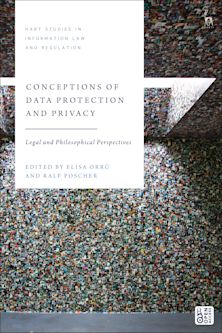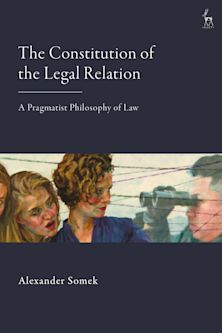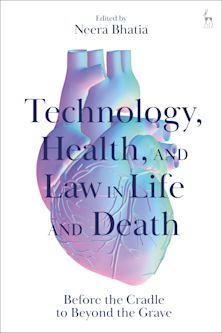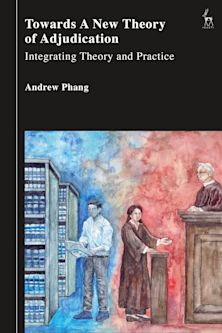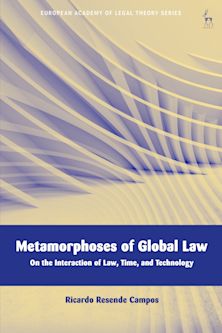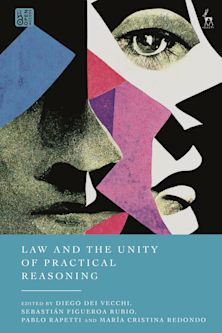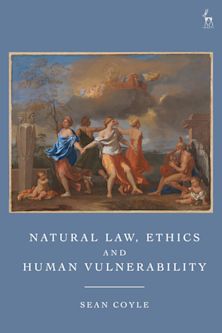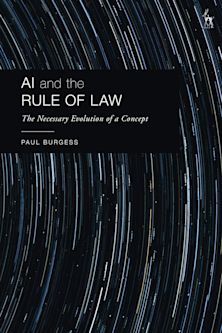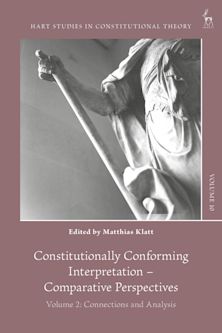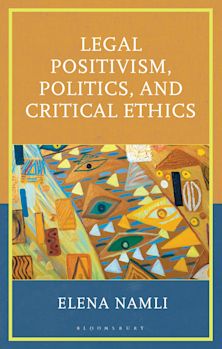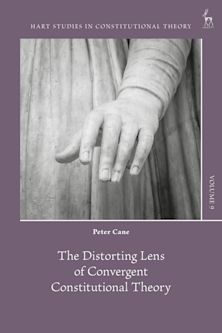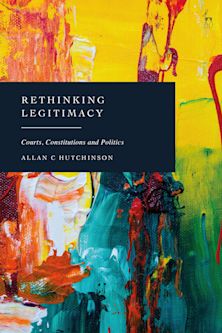- Home
- ACADEMIC
- Law
- Legal Philosophy
- Evaluation and Legal Theory
You must sign in to add this item to your wishlist. Please sign in or create an account
Description
If Raz and Dworkin disagree over how law should be characterised,how are we, their jurisprudential public, supposed to go about adjudicating between the rival theories which they offer us? To what considerations would those theorists themselves appeal in order to convince us that their accounts of law are accurate and successful? Moreover, what is it that makes an account of law successful? Evaluation and Legal Theory tackles methodological or meta-theoretical issues such as these, and does so via attempting to answer the question: to what extent, and in what sense, must a legal theorist make value judgements about his data in order to construct a successful theory of law? Dispelling the obfuscatory myth that legal positivism seeks a 'value-free' account of law, the author attempts to explain and defend Joseph Razs position that evaluation is essential to successful legal theory, whilst refuting John Finnis and Ronald Dworkins contentions that the legal theorist must morally evaluate and morally justify the law in order to properly explain its nature.
The book does not claim to solve the many mysteries of meta-legal theory but does seek to contribute to and engender rigorous and focused debate on this topic.
Table of Contents
2. Introducing the Moral Evaluation Thesis
3. Indirectly Evaluative Legal Theory: Meeting Finnis' Challenge
4. Finnis and the Moral Justification Thesis
5. The Beneficial Moral Consequences Thesis and an Introduction to Dworkinian Methodology
6. What's the Point of Law? Dworkinian Methodology and the Argument from Law's Function
7. Carrying on the Conversation
Product details
| Published | Jun 05 2001 |
|---|---|
| Format | Ebook (PDF) |
| Edition | 1st |
| Extent | 160 |
| ISBN | 9781847313089 |
| Imprint | Hart Publishing |
| Series | Legal Theory Today |
| Publisher | Bloomsbury Publishing |
About the contributors
Reviews
-
The critical discussion proves to be rich and enlightening...an analytical legal theory of the type described by Dickson would be of considerable assistance to legal theorists in other disciplines.
Brian Burge Hendrix, Canadian Journal of Law and Jurisprudence Vol. XVI, No.2
-
Evaluation and Legal Theory explores issues that are every bit as foundational to the study of law as set theory is to the study of mathematics. Also, Dickson does it with all the virtues that have been exemplified by other efforts in the area: clarity, depth, intellectual rigor, creativity, and subtlety....this book deserves a careful reading, not only from theorists in the field, but also from other legal academicians.
Kenneth Einar Himma, The Law and Politics Book Review

ONLINE RESOURCES
Bloomsbury Collections
This book is available on Bloomsbury Collections where your library has access.













